
Read the latest on how the Big Beautiful Bill may affect you – written by attorney Michael Duffy.
The appropriately titled “One Big Beautiful Bill Act” became law on July 4, 2025, bringing forth a series of changes to federal tax and spending laws. This short article discusses the major tax highlights in the bill. Read more
How to Complete the Annual Care Plan Report, MPC Form 821
Massachusetts enacted the Uniform Probate Code, G.L. Chapter 190B, on Jan. 19, 2009. Section 5-407 (d) (7) of the code requires guardians to report back to the court details about the incapacitated person’s physical and mental health, living arrangements, finances, support services, health care, extent of the guardian’s visits and involvement, and plans for future needs and care. The Probate Court has issued a new Annual Care Plan form this year. In the bottom left-hand corner of the form should be the identifier MPC 821. The Annual Care Plan is the form the court uses to receive information from the guardian(s) on how the protected person is doing and what guardianship duties are being performed. Probate and Family Court Standing Order 1-25 creates the Office of Adult Guardianship and Conservatorship Oversight (OAGCO). The purpose of the OAGCO is to monitor and track the timely completion of the Guardian’s Care Plan Reports and the conservator’s completion of the annual accounting. For any care plan report or conservator’s accounting that is more than 30 days past due, the OAGCO will issue a Notice of Noncompliance. If the guardian or conservator fails to complete the overdue report or accounting by the date stated in the notice, the OAGCO will notify the court of the continued noncompliance. Continued noncompliance could result in the guardian or conservator being removed. It is also important that the Guardian’s Care Plan Report be filled out completely, or it could be rejected. Here are some tips on completing the form correctly:
The Annual Care Plan must be completed 60 days after the initial appointment and annually thereafter. You want to check off the reporting period. Is it 60 days, annual or a final report? A final report is submitted when the guardianship is terminated or the protected person has passed. You must enter the reporting period. If you have failed to file reports for several years, then file a care plan for the most recent annual period. For example, if your annual report is due in February, file a report for the period for February 2024 through February 2025 and then annually thereafter.
Living Arrangements
In this section, you report where the protected person has resided during the reporting period. You are not reporting hospitalizations, just residential addresses. If the protected person is homeless, check unhoused. If the protected person resides with you, check the box titled private home. Intermediate care refers to a rest home, congregate housing and the like — not a nursing home. Place shared living in the “other” category.
Health
Questions 3 through 6 ask about the protected person’s physical, mental, behavioral and social health. Check whether the protected person’s physical health, mental/behavioral health and social health is excellent, good, fair or poor. If you report fair or poor, then there needs to be an explanation. Under mental/behavioral health, you are asked if there have been any extraordinary treatments such as antipsychotic medication. If you already have expanded authority and have been appointed a Rogers Monitor, then provide the date and docket number of the Rogers Monitor order. If the protected person is on an antipsychotic medication and you do not have expanded authority, then contact us immediately so that we may petition the court. On question number 6, the protected person should not be isolated from friends, family and social situations. If protective measures need to be in place, then supervised visits, monitoring telephone calls and internet contact should be attempted unless the protected person is clearly unsafe and harmed by the contact.
Services Provided
Questions 7 through 11 concern services provided to the protected person. Check off all the services the protected person is receiving. Has the protected person seen a physician, therapist, dentist and/or psychiatrist, or has he or she been hospitalized? Does the protected person receive personal care services; attend a day program; receive vocational services, such as from a job coach; or attend an educational program at a private or public school? Once you check which services were received, you then want to list the providers, dates of contact and the reason for the contact in question 8a. You may need an attachment, as the space provided is limited. List the annual checkup date, dental appointments, ISP meetings with DDS, therapist/psychiatric appointments, contact with day program personnel, etc. In 8b, you are going to summarize what you do with and on behalf of the protected person. For example, you may indicate that you take the individual out into the community weekly and you coordinate all services and medical appointments to ensure all needs are met. Questions 9a and 9b refer to a facility, not a group home; a group home is considered community placement.
Financial Information
Questions 12 through 15 ask about funds you hold as guardian during the reporting period. You want to think about what hat you are wearing when you are managing money. If you are the representative payee, you are managing the money in that capacity, not as guardian, and you do not need to account for the funds. If you are the custodian of an ABLE account, you are handling the money in that custodial capacity, not as guardian, and therefore you do not need to provide an accounting. If you are a trustee, you are handling the funds as trustee, not as the guardian, so no accounting is required. Parents often create third-party special needs trusts as part of their estate planning documents. You did not create this trust as a guardian, but as a parent for estate planning purposes. A first-party special needs trust is sometimes created through the court to transfer funds out of the protected person’s name into a special needs trust to preserve the protected person’s benefits. In this circumstance, provide the date of the order and the docket number in which the court allowed the protected person’s money to be transferred to the special needs trust. In question13, if you as guardian do not possess any assets or bank accounts, you will check off no and you do not need to complete question 15. If you are handling money in your sole capacity as guardian, then I suggest applying to be the representative payee for the incapacitated person. Question 14 refers to any payment you receive for guardian services or expenses and if you were reimbursed for any expenses incurred on behalf of the protected person. This does not include payment of rent and utilities if your child resides with you. If you paid for an expense for the protected person, you may reimburse yourself.
Plans Regarding Future Care and Need for Continued Guardianship
Questions 16 through 18 concern information about the protected person’s future needs. In this section, you are going to discuss the plan for next year. It may be that the plan is for the person to remain in the same group home or facility. Or you may be looking to change day programs or service providers. Whatever changes you are looking to make to the care plan will be included in this section. If you are happy with the current plan of care, then you would indicate that your plan is to maintain and monitor the current residential and service plan. Please contact us if your recommendation is to limit, further limit or expand the guardianship.
If you have any questions, don’t hesitate to reach out to me or my team to answer your questions.
Big Beautiful Bill Brings Changes to the Tax Code
The appropriately titled “One Big Beautiful Bill Act” became law on July 4, 2025, bringing forth a series of changes to federal tax and spending laws. This short article discusses the major tax highlights in the bill. Income Tax Changes, Extending TCJA Benefits The biggest point of uncertainty for taxpayers going into the 2025 calendar…
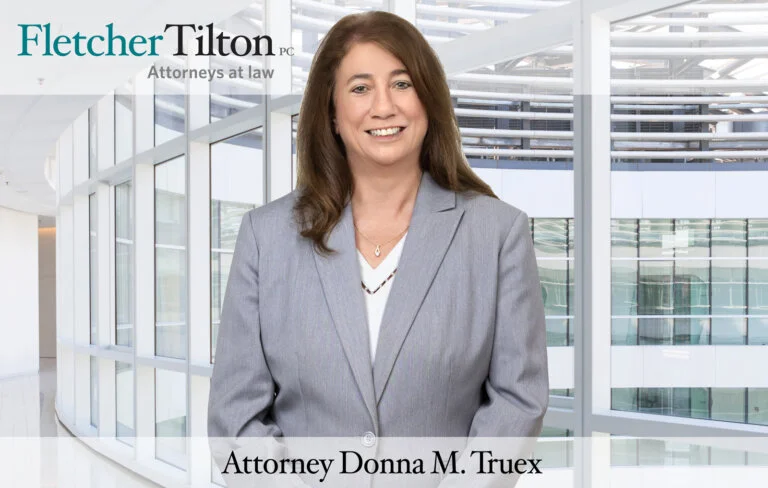
Fletcher Tilton Welcomes Attorney Donna Truex to the Firm
Donna Truex is an experienced real estate attorney with an extensive transactional and title background. She has over 25 years experienced representing buyers, sellers, developers and lenders in the sale, acquisition, financing, development and leasing of real estate throughout the country. Before joining Fletcher Tilton, Donna spent 5 years as underwriting counsel for a prominent title insurance company. Ms. Truex has worked on complex matters, including affordable housing and construction projects and bond and Tax Credit financing. She is proficient in the permitting and licensing and is creative to meet her clients’ needs in this every changing landscape while maintaining compliance with regulatory schemes. Read more.
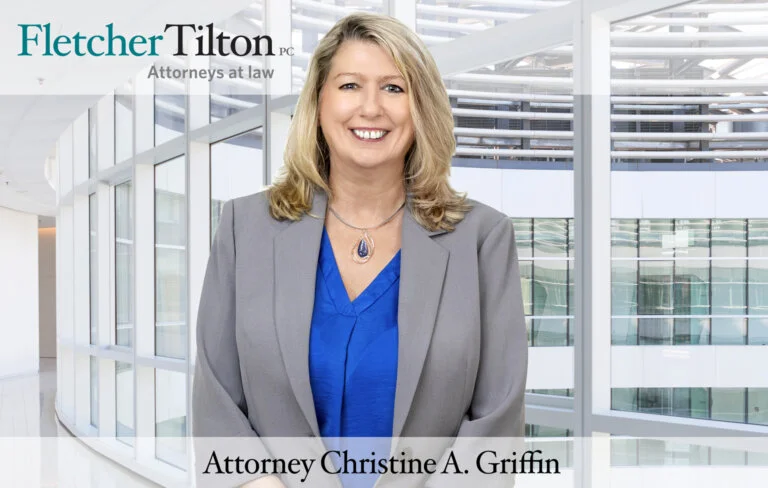
Fletcher Tilton Welcomes Attorney Christine Griffin to the Firm
Christine A. Griffin is a Commercial Real Estate attorney with 20+ years of extensive experience of transactional work and underwriting title insurance for multi-million-dollar deals. Her practice focuses on handling complex commercial transactions. She represents buyers and sellers to navigate the acquisition/sales process. Christine has a great deal of experience in all aspects of conveyancing, from…

Fletcher Tilton Recognized Among the Best Legacy Law Firms
Fletcher Tilton is honored to be recognized by Massachusetts Lawyers Weekly to be among the Best Legacy Law Firms—spotlighting firms that have not only stood the test of time but have continued to grow, evolve, and thrive for 25 years or more. With roots dating back to 1822, our commitment to excellence, client service, and…
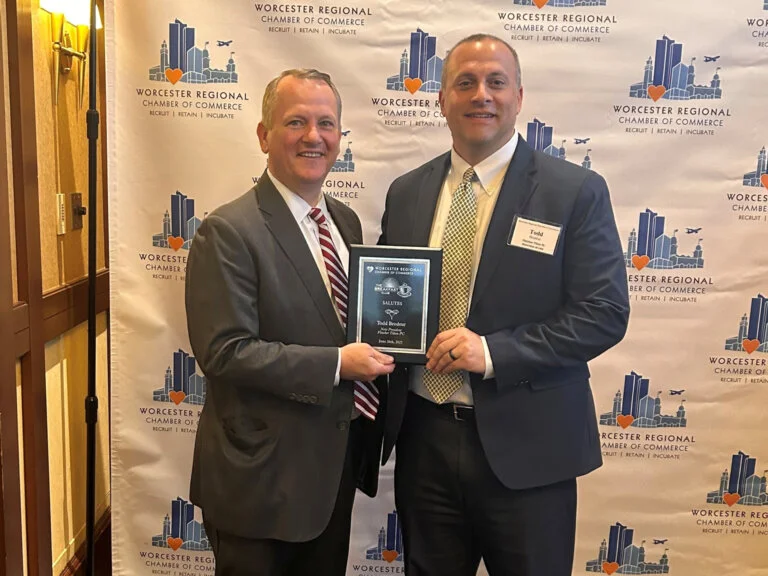
Todd Brodeur Receives Recognition from WRCC as Fletcher Tilton’s New President
Congratulations to our own Todd Brodeur, for being recognized as the new president of Fletcher Tilton, at the Worcester Regional Chamber of Commerce June Breakfast Club at The Beechwood Hotel! Attorney Brodeur was among five other recipients to receive the “Salute” including: Country Bank, 175-Year Anniversary: Jason Pigg, New CEO, Scout Executive for Heart of New…
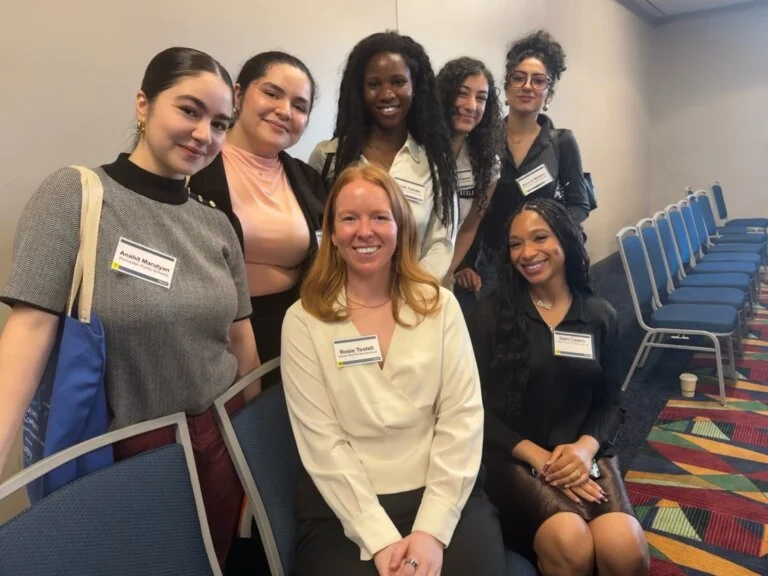
Fletcher Tilton Attorneys Participate in Worcester Women’s Leadership Conference
WORCESTER, MA – Attorneys from Fletcher Tilton PC joined hundreds of professional women at the Worcester Regional Chamber of Commerce’s Worcester Women’s Leadership Conference on Thursday, June 12, 2025, at the DCU Center. The annual event, celebrating its “Sweet 16” year, brought together Central Massachusetts’ largest gathering of women leaders for a day of networking,…
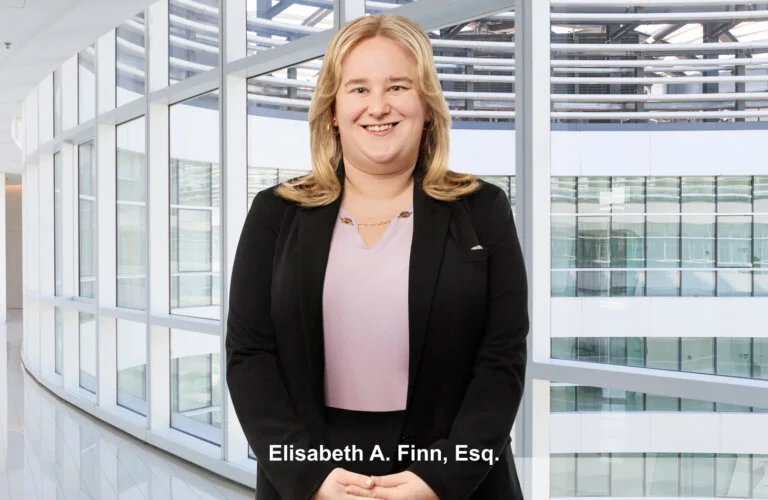
I Received a 93A Letter — Now What?
If you’re reading this, chances are you’ve received a letter in the mail claiming to be a “Demand Letter” or a letter sent under the guise of Chapter 93A. The Massachusetts Consumer Protection Act, i.e., Massachusetts General Laws Chapter 93A, is a broad piece of legislation which is designed to prevent “[u]nfair methods of competition…